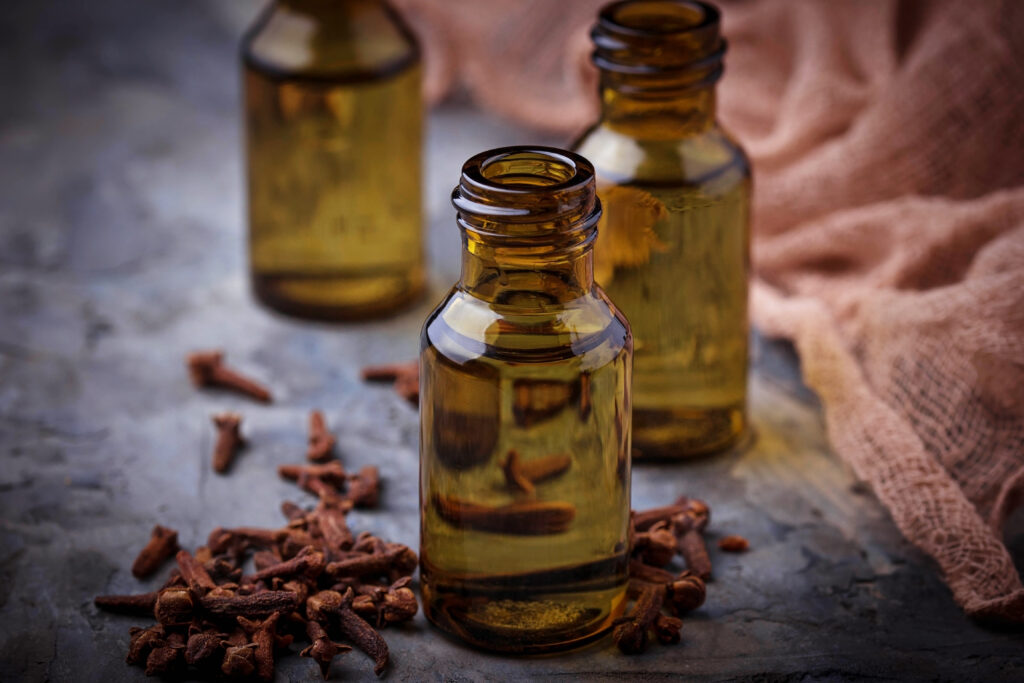Essential oils are the very first form of skincare that dated back to 7000 BC, during the Ancient Egypt to be exact. Using essential oils for skincare have changed since then. With the emerge of skincare technologies, skincare became more of chemical rather than natural. This is not bad at all! As technologies help us to take care of our skin properly. However, the power of using essential oils remain the same since ever. Top skincare companies use essential oils as part of ingredients, but there is a remarkable one that focuses only on essential oils. Now Foods is an American family-owned company that empowers healthy living. This company is known for making the best-selling oils and supplements with high-rating reviews on Amazon and iHerb. I will share with you some of Now Foods’ bestseller oils and why it’s great to adapt them in your skincare routine while possible.
Sweet Almond Oil for Healthy Skin
Sweet Almond Oil works on hydrating your skin to make it softer and smoother. It also forms a protective barrier on the skin to prevent moisture loss and enhance your skin’s own natural moisture-retaining properties. It has anti-inflammatory properties that help soothe and calm sensitive or irritated skin. Pure Sweet Almond Oil can alleviate some skin conditions such as eczema and dermatitis with the help of prescript medications. It contains fatty acids, vitamin A and E that aid in maintaining skin elasticity to get firmer more supple skin. It also improves skin tone and texture, reducing the appearance of scars and hyperpigmentation.

Thirsty Skin? Here is Your Jojoba Oil Dose
Jojoba Oil is not just for your skin, but rather your hair and lips. This multi-purpose oil helps to attract water to the top layer of the skin. This feature will keep your skin moisturized and hydrated all the time. Jojoba Oil helps preventing bacterial infections, acne, and dandruff from forming due to the protective layer it creates on the skin. Jojoba Oil contains natural forms of vitamin E, which is a rich source of antioxidant that help your skin fight oxidative stress caused by everyday exposure to pollutants and other toxins. Although jojoba oil is a botanical substance, but it’s so similar to the oil (sebum) your body naturally produces that your skin can’t tell the difference. This makes it less likely to build up on your skin and clog your pores, leading to fewer breakouts and less severe acne.
One Bottle, Multiple Uses
Although orange oil is not commonly used among people, but it has countless benefits. Let’s kick the benefits list of with how good orange oil is for your skin. Orange oil improves skin complexion by promoting clarity, radiance and smoothness. Its antiseptic properties can also help reduce acne outbreaks. The high concentration of limonene helps protect your skin from damage caused by pollution, smoke, and sun rays. For this reason, most of vitamin C serums in the market use orange oil or extract as a main ingredient. Speaking of vitamin C, orange oil is an excellent treatment for skin pigmentation, scars, blemishes and dark spots. You will get clear and even-toned skin without the use of chemical compounds. Sidenote but worth mentioning, orange oil promotes your hair health due to the high concentration of antioxidants. It can keep lice away and remove dandruff flakes. However, you need to test the sensitivity of your scalp before applying it.
Smells Good, Works Well
Anise Oil has a lot of benefits and here I will focus only on skin. Anise Oil has exfoliating, anti-acne, skin whitening, and moisturizing effects, which can be helpful in treating skin problems. It also has anti-inflammatory, anti-aging, and antifungal properties. This means that anise oil can be considered beneficial for the face. It acts as an antiseptic on your skin that help you to get rid of rashes, blemishes and prevent acnes and pimples. It tested for reducing spots and marks, which is helpful in repairing skin cells and tissues.

Teas and Trees Have More Than What We Know
Tea tree oil helps soothing dry skin by reducing itching and irritation. It’s more effective than zinc oxide and clobetasone butyrate creams in treating eczema. Since tea tree oil has antiseptic properties, it may contribute to its ability to control excess oils that people with oily skin suffer from. The anti-inflammatory properties of tea tree oil make it useful in relieving the discomfort of itchy skin. It soothes the skin and can also help heal infections that cause itchy skin. As they say “Save the best for last”, tea tree oil is a well-known and scientifically proven choice for treating acne. It contains anti-inflammatory and antimicrobial properties, which work excellently on calm redness, swelling, and inflammation to end up having clean and smoother skin.
Shea is Always Here for Your Skin
Using shea butter is probably the most popular way of using shea, but have you ever used Shea Nut Oil? If you haven’t, this is your sign to do so! Shea Nut Oil is a natural healer and can be used to help treat dry skin, eczema, and various other skin conditions with excellent results. It contains various of rich vitamins, minerals, and essential fatty acids. These treasures will make your skin always hydrated and nourished. It leaves a light protective barrier on the skin that prevent harmful pollutants. As a natural anti-inflammatory, shea nut oil will help reduce swelling and skin irritation. You have to keep in mind that this oil in specific is extremely heavy and with a fairly thick consistency, which makes it a bit difficult to use it on its own, because it will leave your skin greasy and sticky. It’s better to use shea nut oil with combining it with lighter oils or as drops on your daily hydrating lotion.
Do They Work Well on All Skin Types?
These six essential oils are excellent and have countless benefits, but just like chemical skincare products, you have to be careful and test any oil before adapting it in your daily routine. Some people believe that natural sources including essential oils are friendly with all skin types. Unfortunately, this misconception is common and it’s absolutely wrong to take natural sources for granted.
Always test before adapt!






